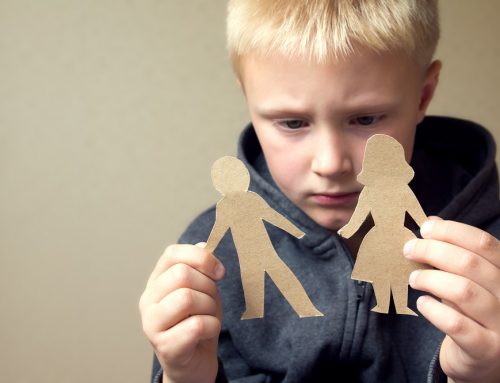|
Historically, psychiatry has not been kind to parents, particularly mothers. Early ideas and research on what caused children to display emotional and behavioral difficulties made it easy to blame parents for all childhood conditions. Autism is a classic example. In the 1940s Leo Kanner, one of the most influential child psychiatrists of the time, stated that children with autism were kept in “refrigerators that did not defrost.” By refrigerators, he was referring to mothers, who he believed were emotionally and interpersonally distant. As most of you likely know by now, Kanner was wrong. |
|
Since then, the attack on parents appears to be relentless. Our media outlets are filled with misinterpretations (and sometimes accurate interpretations) of research findings and statements by clinicians that directly or indirectly blame parental behaviours for their kids’ problems. As parents we are constantly bombarded by a wealth of information and advice on our parenting practices. |
| The consequences of this parental blaming are devastating: parents full of either guilt and shame or anger and defensiveness, and worse, children who don’t get the treatment they actually need. So today I wanted to share with you what I often tell parents who are either reluctant about therapy or are struggling with making decisions regarding their kids’ treatment. |
|
| In sum, I want parents to know that clinicians want first and foremost to help your child, not to find someone to blame for your child’s problems. We ask you to be involved because that is the most effective way to help your child improve. We need you to be our allies because without your help and support there is often little we can do.
We are here to make you feel empowered. If you would like any further help with managing your child’s behaviour or help you help your child please contact us to book an initial 20 minute FREE phone consultation for parents. |





Leave A Comment